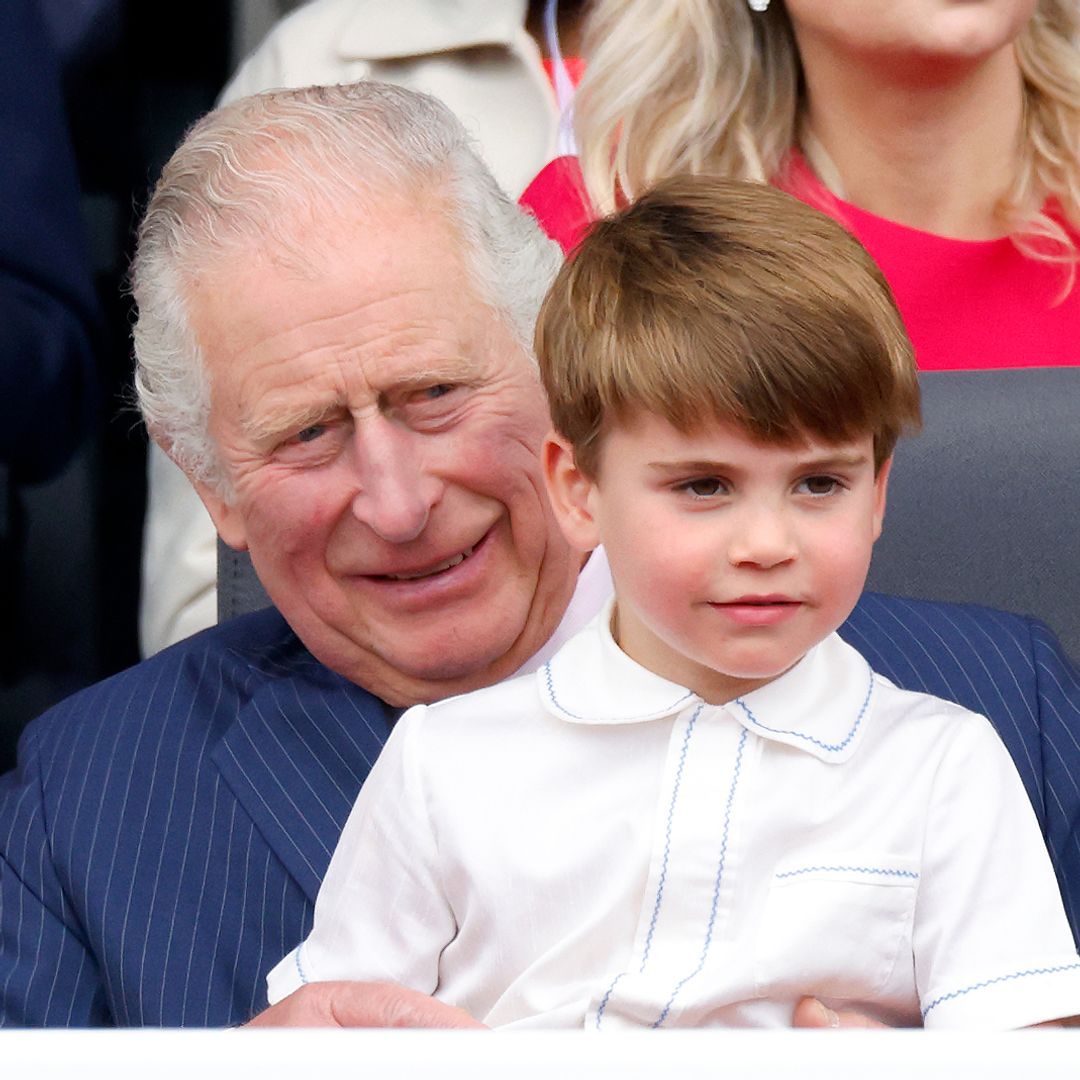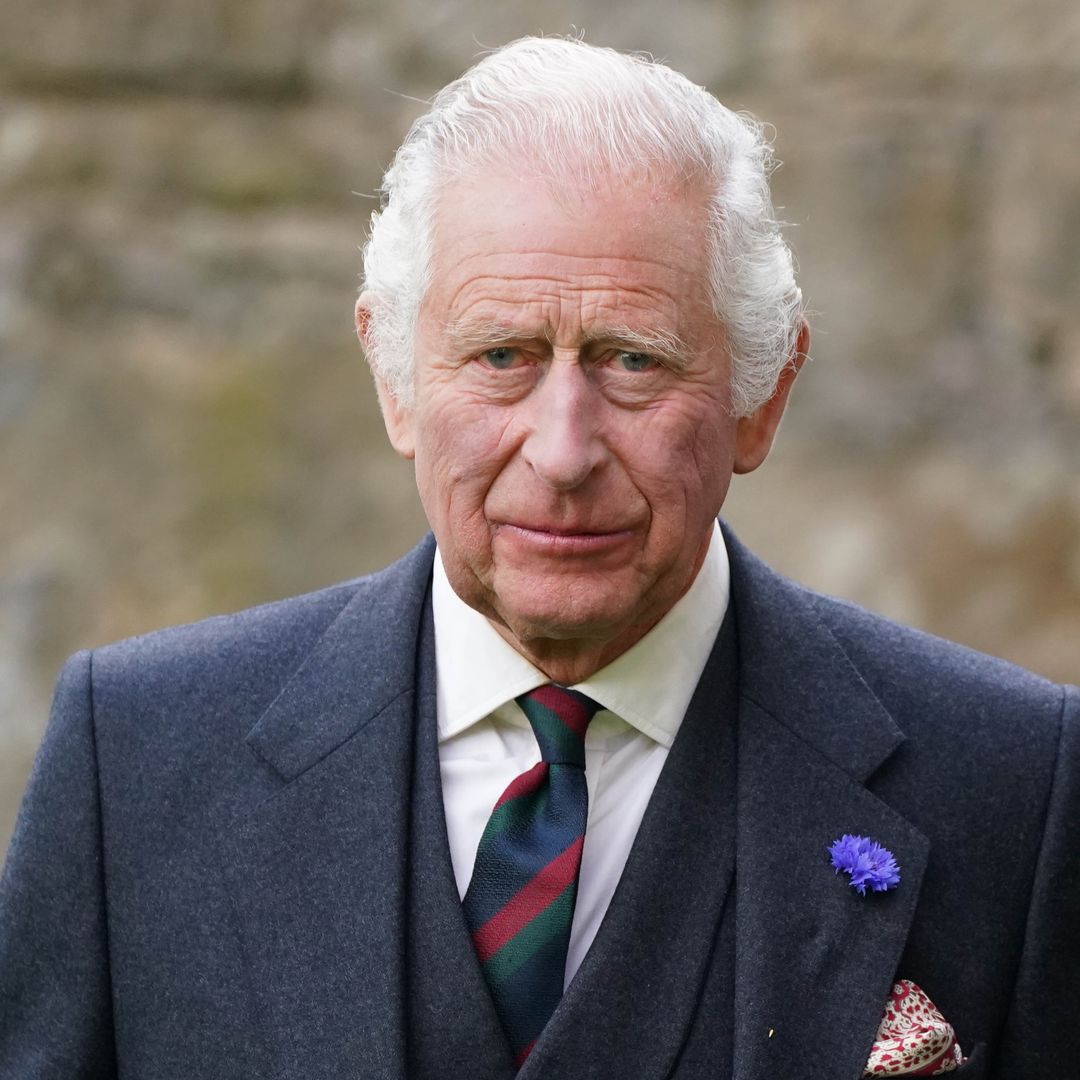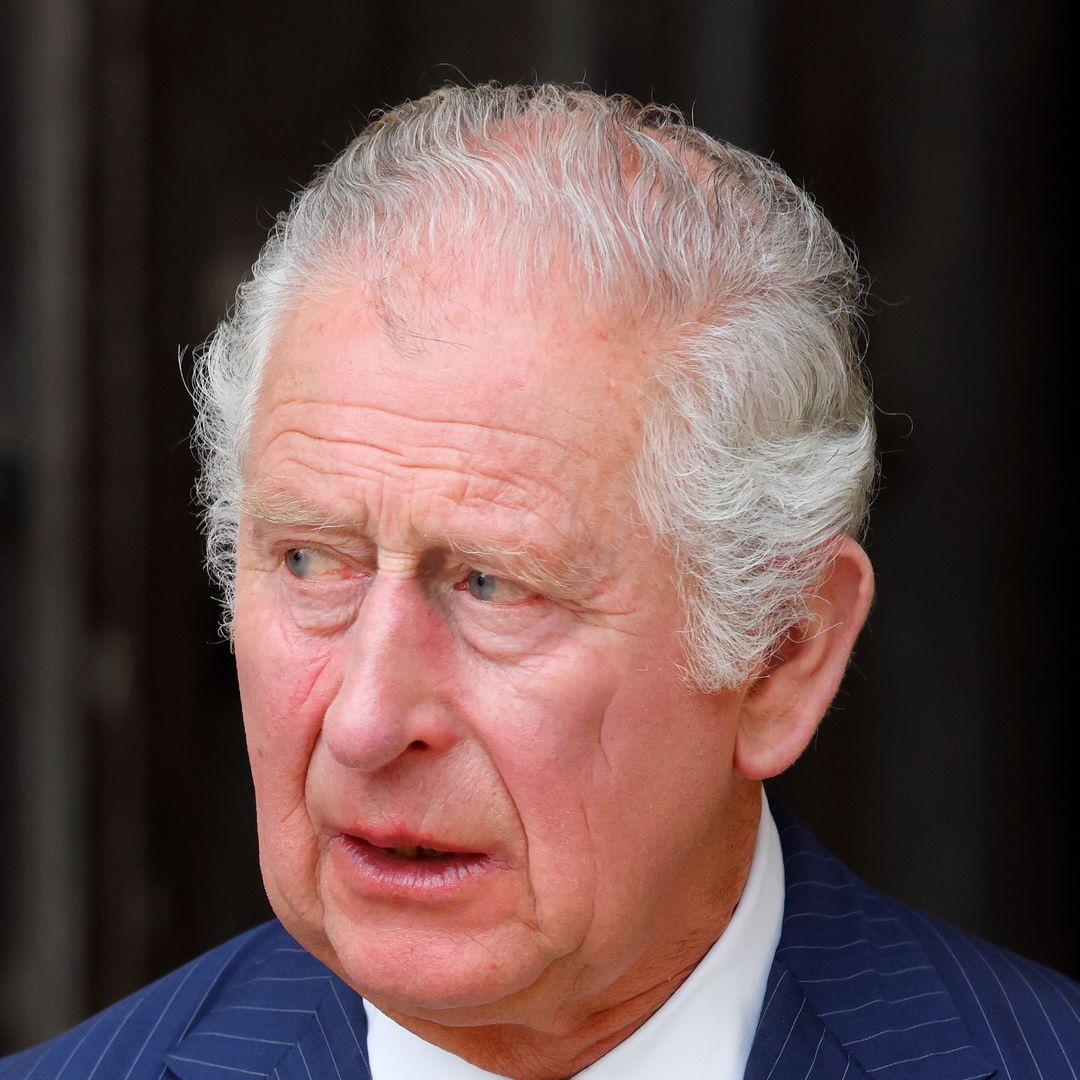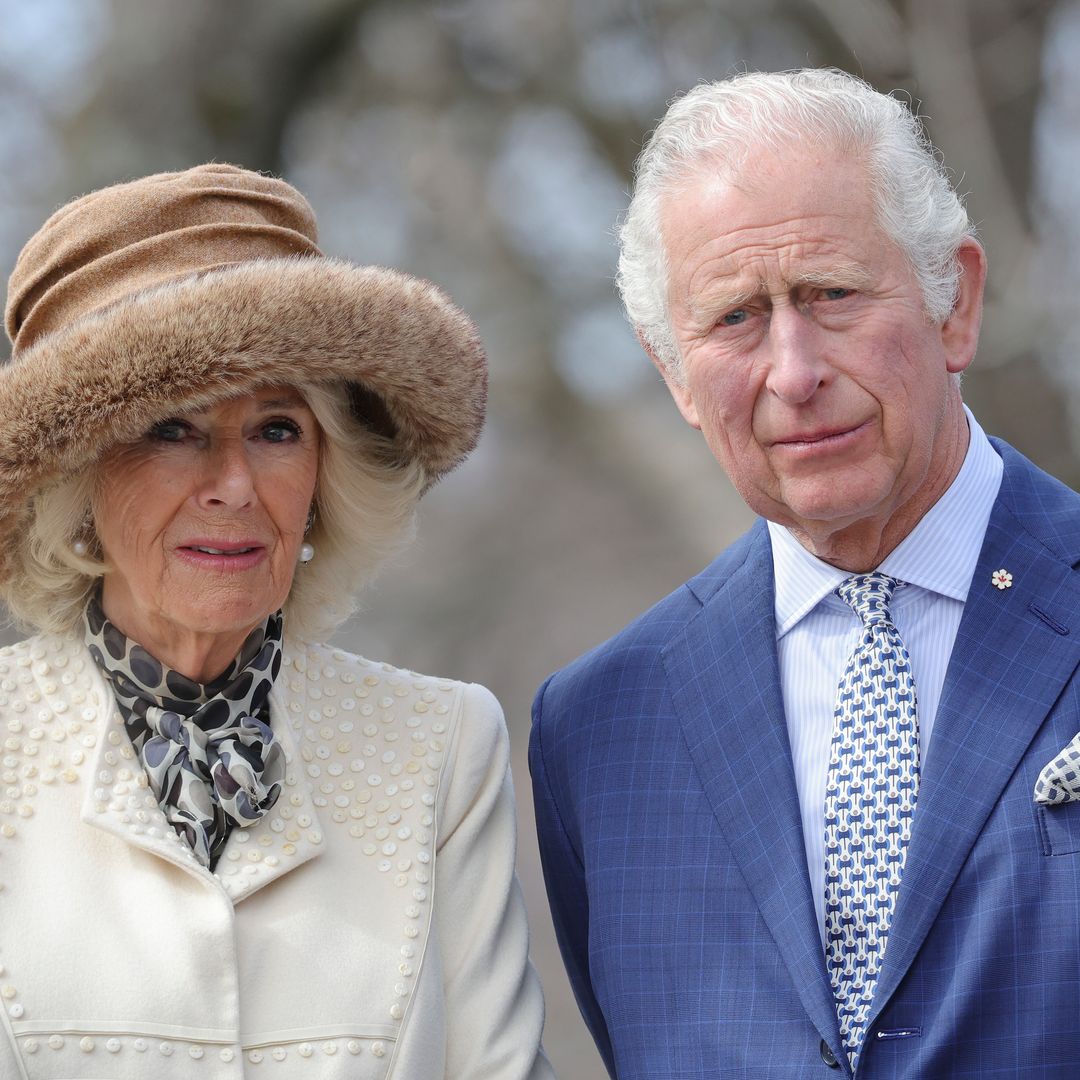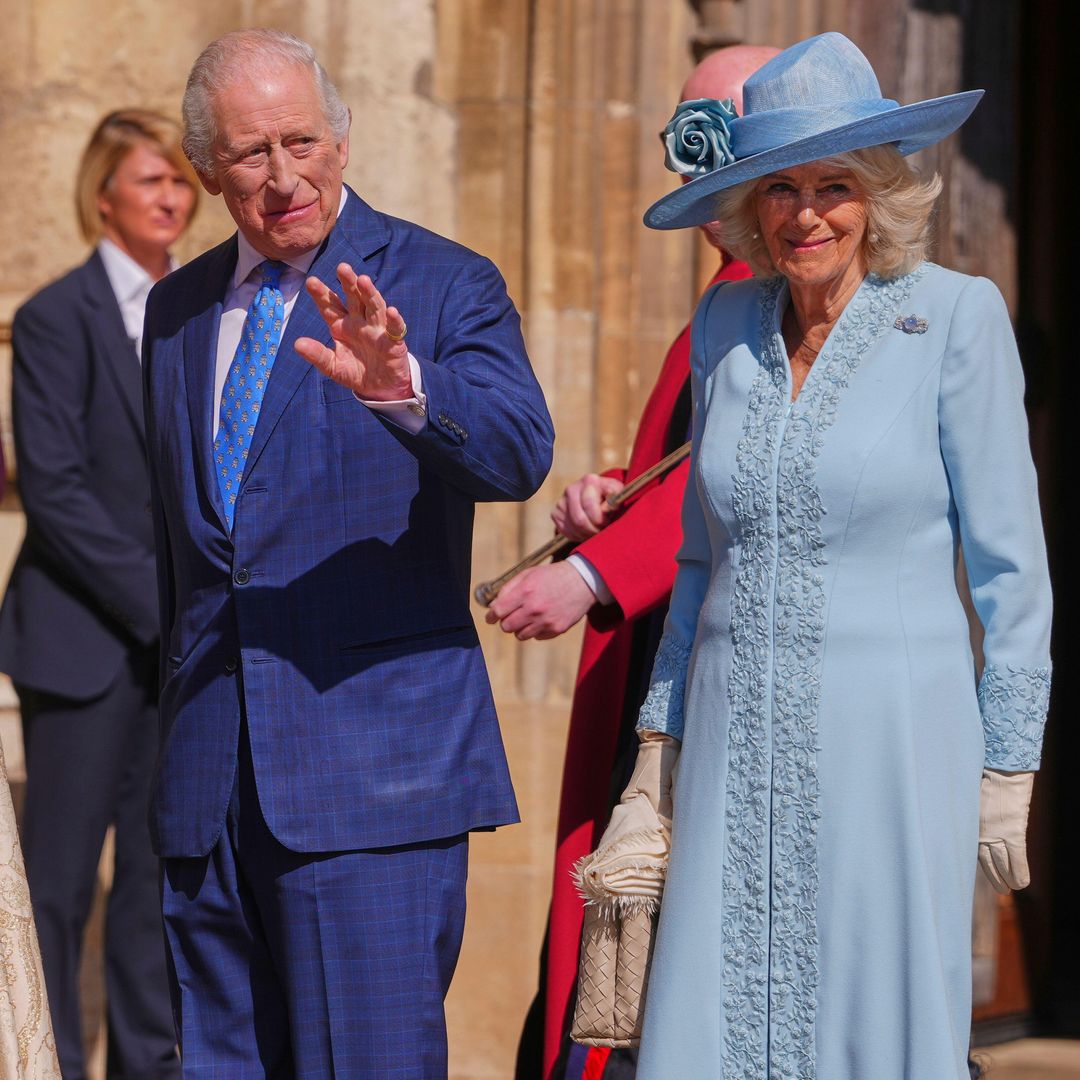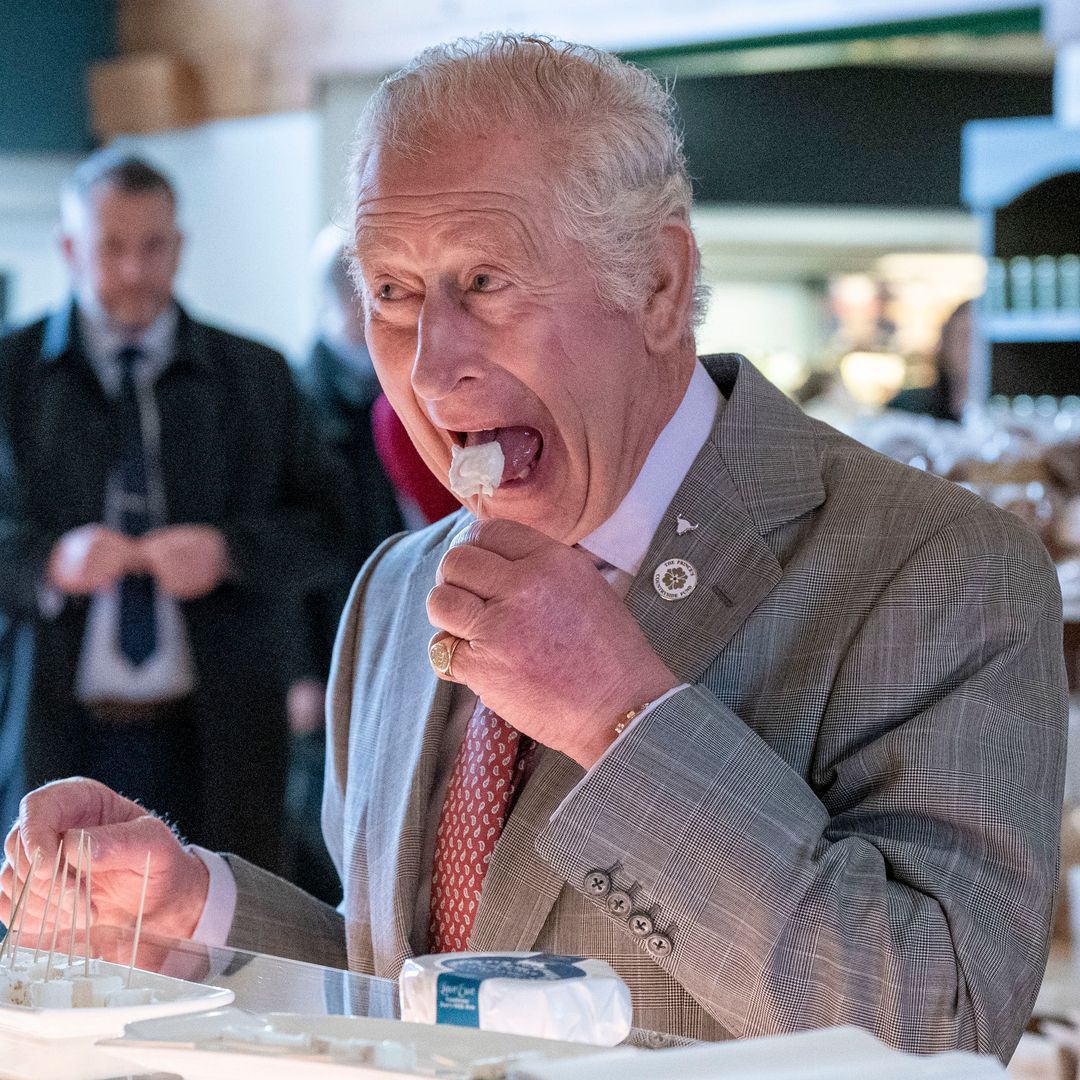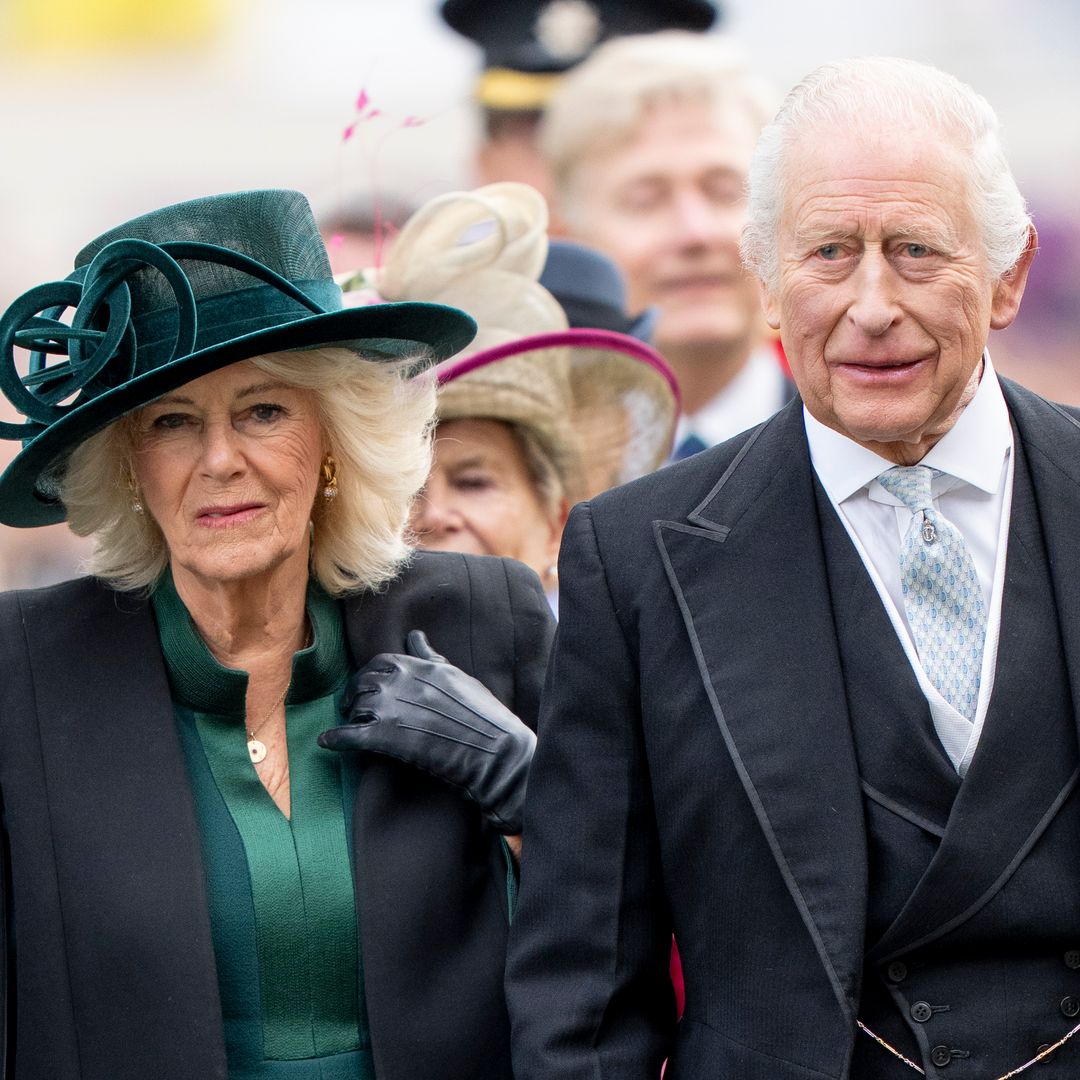Clarence House, the private office of Prince Charles, has given a reponse after the future King's private letters written to the Labour government ten years ago were published. A selection of Charles' memos was made public on Wednesday, following a lengthy legal battle between government and The Guardian.
The British newspaper group had called for Charles' letters to be released under the Freedom of Information Act, while government had vetoed the campaign.
A total of 27 letters were released – ten from Prince Charles, three from his private secretaries and 14 from ministers. They were addressed to senior members of government.
Ten of Prince Charles' "black spider" letters were published on Wednesday
The correspondence, written between September 2004 and March 2005, was dubbed "black spider" letters due to Charles' distinctive handwriting.
A spokesperson for Clarence House released a statement, supporting the Queen's eldest son.
"The Prince of Wales cares deeply about this country, and tries to use his unique position to help others," the message read. "He has devoted most of his working life to helping individuals and organisations, to make a difference for the better of this country and the world."
His letters raised issues such as illegal fishing, the state of farming and the diet of school children
The spokesperson explained that Charles visits countless places, meets people from all walks of life and carries out over 600 engagements a year. This leads the 66-year-old royal to communicate his "experiences, concerns or suggestions" to ministers from all governments.
Some of the issues Charles addressed included illegal fishing, the state of farming, the diet of school children, the regeneration of historic buildings and the resources available for armed forces.
"In all these cases, The Prince of Wales is raising issues of public concern, and trying to find practical ways to address the issues," the statement continued.
A Clarence House spokesperson explained that Charles has visited countless places and uses his private letters to communicate his experiences
The last paragraph defended Charles's right to communicate privately, stating that the publication of his letters "inhibits his ability to express the concerns and suggestions" put forward to him by people at meetings and engagements.
"This view has been given effect by Parliament, which passed legislation in 2010 to ensure that the communications of The Prince of Wales, and that of The Queen, should be exempt from publication under the Freedom of Information Act," the statement ended.
"This change emphasised the unique constitutional positions of the Sovereign and the Heir to the Throne. Clarence House continues to believe in the principle of privacy."

